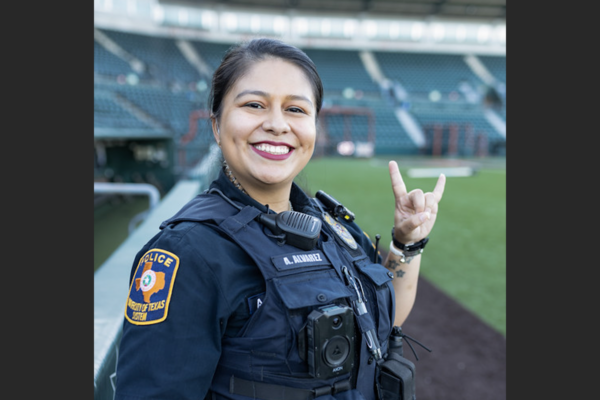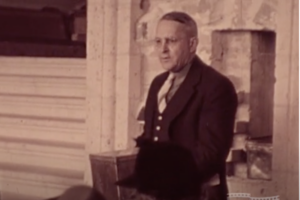AUSTIN, Texas — Police officers with The University of Texas at Austin will now be equipped with portable video cameras that will be worn on the front of their uniforms. The devices will be used to record interactions with people whom they come into contact with during their daily duties.
“This is a huge step forward for UTPD in supporting our mission to keep our entire community safe,” said David Carter, chief of UT Austin’s police department. “We have been researching the use of cameras for quite some time and are pleased with this solution as it reinforces the importance of transparency and accountability to those we serve.”
The cameras will be worn by officers for a variety of reasons, but most importantly to continue to build trust with those they serve and reassure the public that this is yet another step toward achieving mutual safety. Body cameras worn by law enforcement officers have become an industry standard in many agencies.
The cameras will be used to record interactions only with people whom officers come into contact with in an official capacity, such as responding to emergency calls or making an arrest. Although recordings may be used to document interviews of victims and witnesses during investigations, UTPD has established policies to protect the privacy of victims and witnesses. In criminal cases, the recordings will be considered evidence and could be used during court cases.
“The fact that UTPD came to the student body with the idea of implementing body cameras is a true testament to their commitment to safety and accountability,” said Kevin Helgren, UT Austin’s Student Government president. “Our police officers have one job – to keep students safe so that we can go out there and change the world. Body cameras will allow them to do exactly that in a fair, ethical and meaningful way. The relationship between our student body and our campus police department is a special one, and this is yet another example of that.”
The digital recordings will be downloaded to a secure storage server and retained for future reference. Recordings related to criminal investigations will be retained for one year or longer pending case specifics, and all other routine files will be retained for 90 days. Each recording has an audit trail, and officers are prevented from editing or deleting recordings.
This technology also captures an officer’s field of view during incidents, which will be used to substantiate their observations during arrests and other public interactions. Supervisors will have the ability to review recordings during audits to ensure continued professionalism, adherence to departmental policies, and for training purposes.




